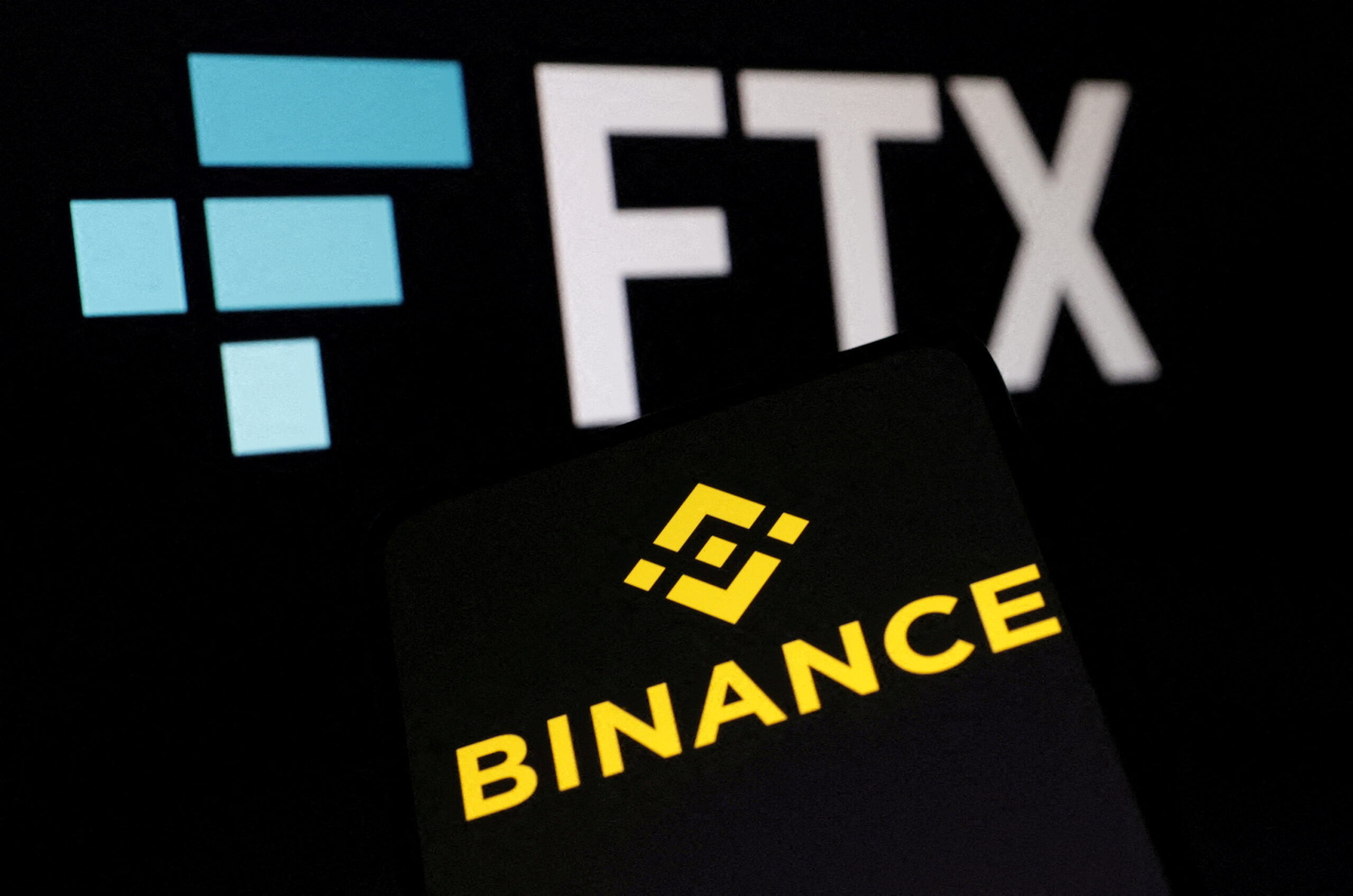
The FTX meltdown has had a significant impact on the credibility and trust within the crypto space. Issues such as lack of corporate governance and excessive leverage have come to the forefront. Additionally, the overreach for yield in a low interest rate environment has led to poorly structured arbitrage trades. There is a real concern of contagion risk for other firms in the crypto industry, and worries about finance being a thinly regulated offshore exchange. Centralization versus decentralization in the crypto space is a hot topic, and suggestions for alternatives include safe, regulated onshore exchanges or truly decentralized Defi protocols. The need for regulation to protect investors, even if it stifles innovation, is also being discussed, along with the potential lack of government bailouts in the crypto space. Despite these issues, Bitcoin itself remains a strong asset, and there is an opportunity to buy Bitcoin in cold storage without counterparty risk amidst the turmoil in the centralized businesses in the crypto space.
Impact of FTX Meltdown on Crypto Space
The recent FTX meltdown has had a significant impact on the credibility and trustworthiness of the cryptocurrency industry. The collapse of FTX has eroded the trust that investors had in the stability of the crypto market. The meltdown is seen as a blow to the overall reputation of FTX and other players in the industry.
One of the key issues highlighted by the FTX meltdown is the lack of effective corporate governance in the crypto space. FTX’s failure has exposed the absence of robust governance structures and oversight mechanisms. This has raised concerns about the overall stability and reliability of the industry. The excessive leverage used by FTX and other players in the market has amplified risks and led to market instability. Inadequate risk management practices further compound the problem, leaving investors vulnerable to significant losses.
The FTX meltdown also shed light on the risks associated with poorly structured arbitrage trades. Many investors were engaging in these trades in an attempt to achieve high yields. However, the pursuit of yield often led to the adoption of complex trading strategies that investors were ill-prepared to assess and manage. This lack of understanding and inability to accurately assess risks left investors exposed to unforeseen events that triggered the meltdown due to overexposure.
The contagion risk posed by the FTX meltdown is a cause for concern in the broader crypto space. The interconnectedness of the crypto market means that the failure of one major player can have a domino effect on other firms. If confidence in FTX and other platforms is shaken, investors may withdraw their funds, creating a ripple effect that destabilizes the entire ecosystem. This highlights the need for improved risk management and contingency plans to mitigate the systemic risks associated with interconnected platforms.
Another issue raised by the FTX meltdown is the concern about the company being a thinly regulated offshore exchange. FTX’s operations being based in a jurisdiction with minimal oversight and regulation raises questions about investor protection. The crypto industry needs more robust regulations, both at the national and international levels, to ensure greater accountability and stability. A lack of regulation exposes investors to greater risks, as seen in the FTX case.
The FTX meltdown has reignited the debate between centralization and decentralization in the crypto space. Centralized exchanges, like FTX, are more prone to systemic failures due to their reliance on a central entity. In contrast, decentralized finance (Defi) protocols offer a more resilient alternative. Defi protocols operate on a decentralized network, eliminating the risk of a central entity’s failure. This distinction between centralization and decentralization is a fundamental consideration for investors seeking to place their trust in the crypto industry.
Given the vulnerabilities exposed by the FTX meltdown, there are suggested alternatives to consider for investors. Safe, regulated onshore exchanges provide a more secure option for investors. These exchanges are subject to greater oversight, transparency, and legal protections, reducing the risk of malpractice and fraud. Additionally, truly decentralized Defi protocols offer an alternative that eliminates the reliance on centralized entities altogether. By operating on a decentralized network, these protocols provide increased resilience and security.
The FTX meltdown underscores the need for regulation to protect investors, even if it potentially stifles innovation. While the crypto industry prides itself on being innovative and disruptive, a lack of regulation puts investors at risk of fraud, market manipulation, and other abuses. Regulatory oversight ensures market integrity and investor confidence, thereby safeguarding the long-term growth and sustainability of the industry. The challenge lies in striking a balance between fostering innovation and protecting investors.
In conclusion, the FTX meltdown has had a far-reaching impact on the crypto space. It has eroded trust and credibility in the industry while exposing vulnerabilities in corporate governance, excessive leverage, poorly structured trades, and the lack of regulation. To ensure investor protection, it is imperative that the crypto industry adopts improved risk management practices and embraces regulation. Investors should also consider alternatives such as regulated onshore exchanges or decentralized Defi protocols that offer increased security and resilience. Despite the challenges posed by centralized businesses, Bitcoin remains a strong asset with its underlying strength intact.

